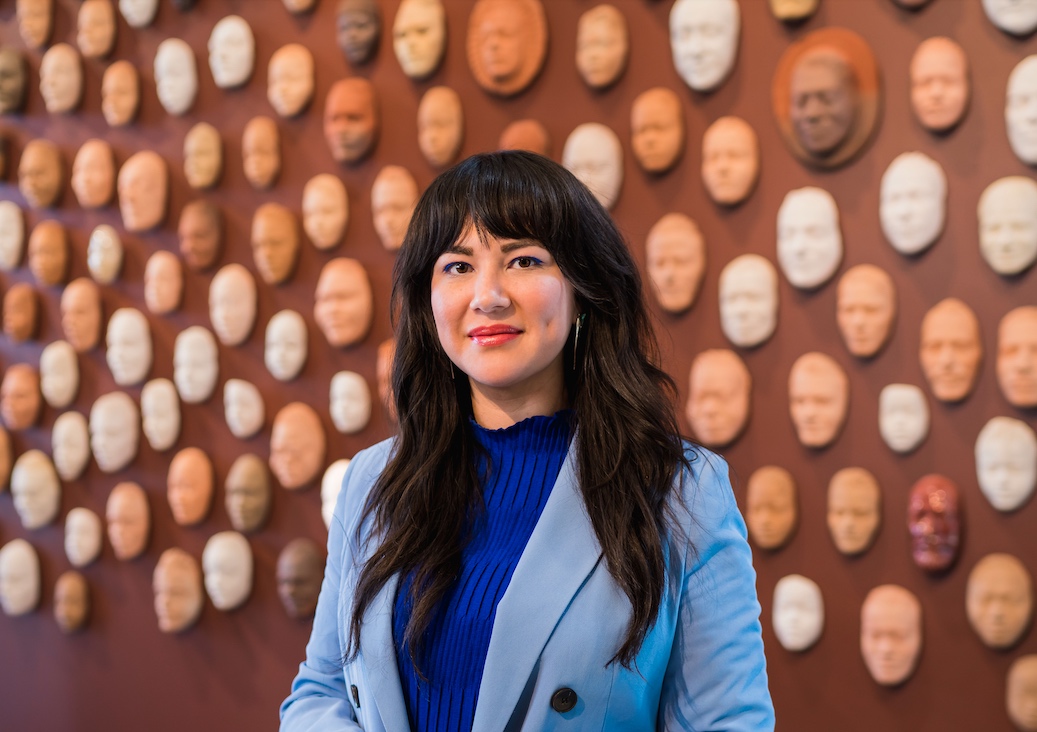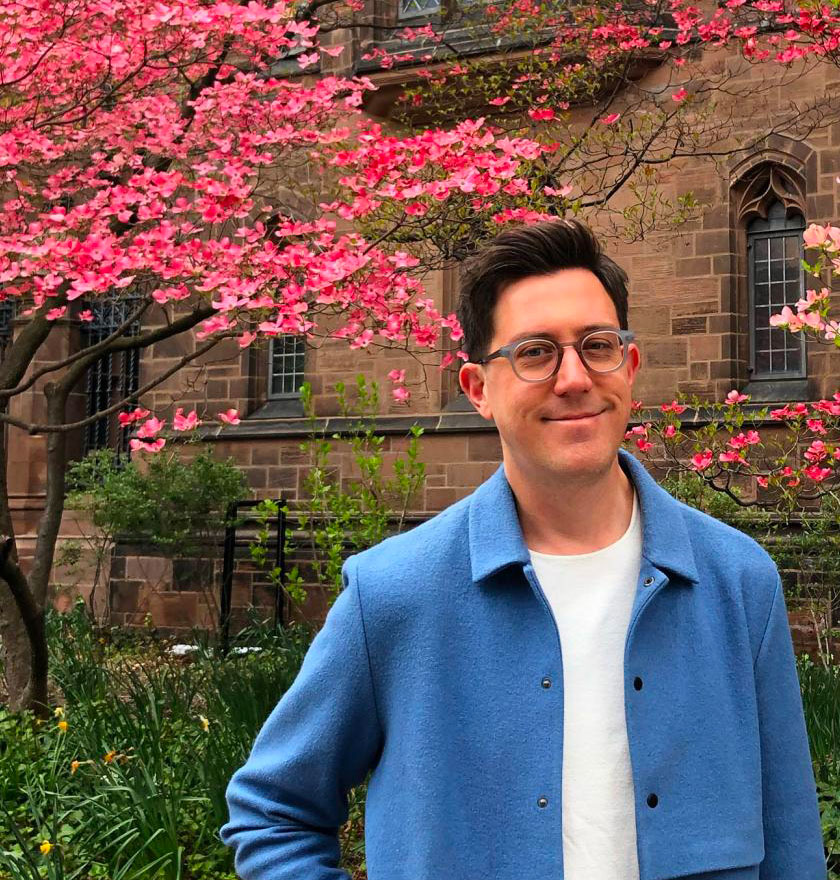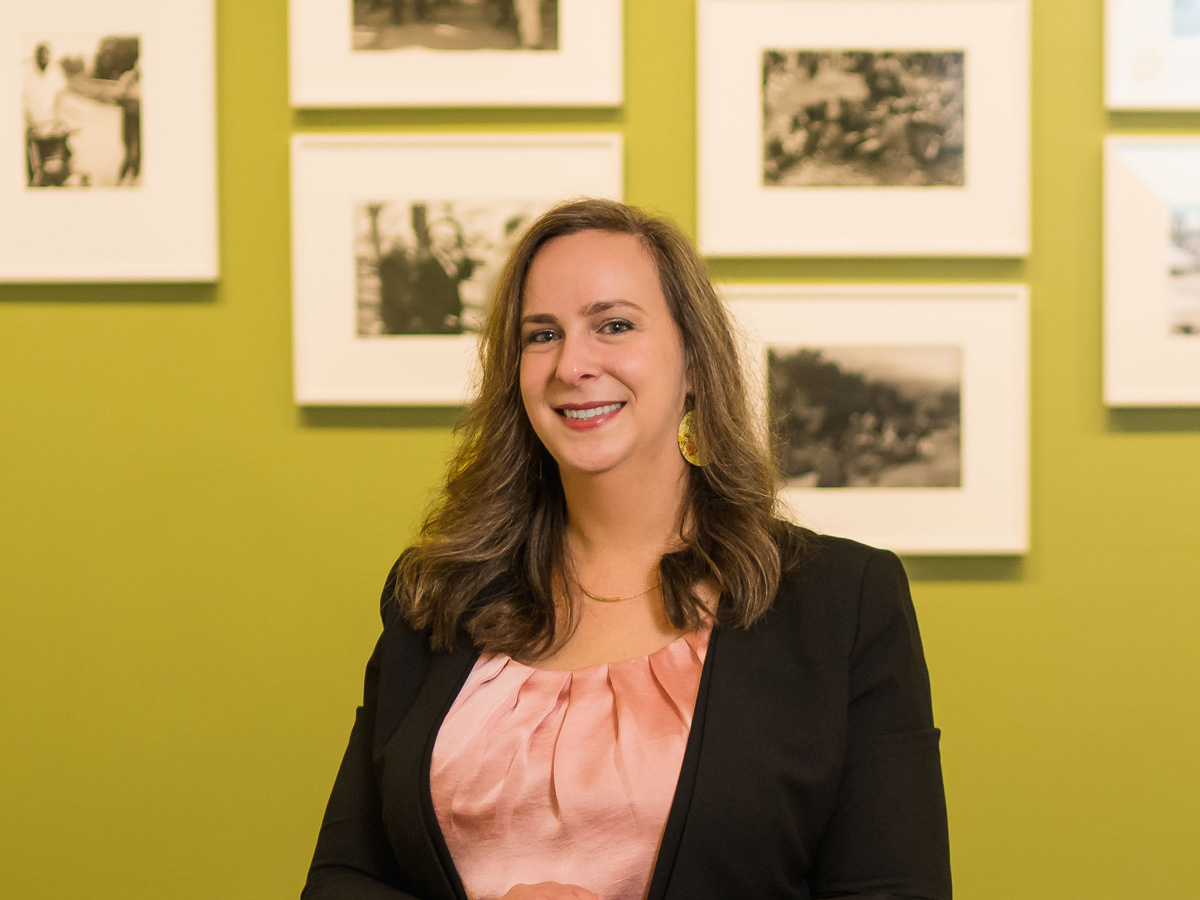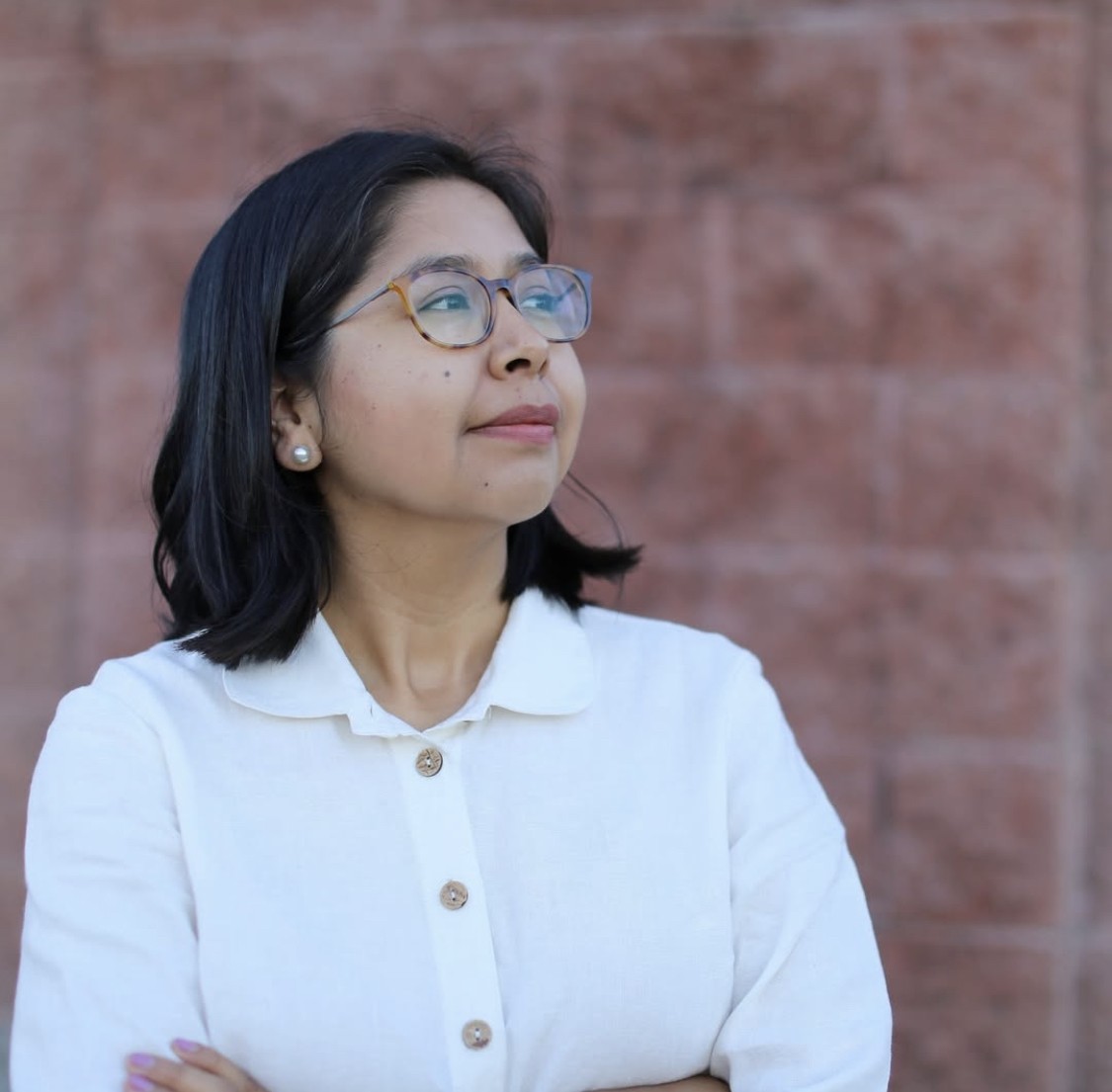Cantor Arts Center
328 Lomita Drive at Museum Way
Stanford, CA 94305-5060
Phone: 650-723-4177
 Co-Director, Asian American Art Initiative
Co-Director, Asian American Art InitiativeDr. Aleesa Pitchamarn Alexander started at the Cantor in the fall of 2018 and oversees the museum’s collection of modern and contemporary art. At the Cantor, she is the curator of Spirit House (Sept. 4, 2024–Jan. 26, 2025), Livien Yin: Thirsty (Aug. 21, 2024–Feb. 23, 2025), Dwelling: New Acquisitions (Oct. 4, 2024–ongoing), The Faces of Ruth Asawa (Jul. 2022–ongoing), and East of the Pacific: Making Histories of Asian American Art (Sept. 28, 2022–Feb. 12, 2023). Working with assistant professor of art history Marci Kwon, Aleesa is Co-Director of the Asian American Art Initiative (AAAI), which advances research, education, community engagement, and public access to the work of Asian American/diasporic artists and makers. Aleesa manages the AAAI’s curatorial program, cultivating relationships with community members, donors, artist estates, and living artists to help build the Cantor’s growing collection of Asian American art, which is now one of the best nationally.
Aleesa’s writing has been published in Panorama: Journal of the Association of Historians of American Art, Hyperallergic, The Brooklyn Rail, and several exhibition catalogues. Her exhibition catalogue for Spirit House is the first major publication of the AAAI. Aleesa frequently lectures at museums, universities, and non-profit organizations on topics related to Asian American art and museum practice. Her scholarship has been supported by the Terra Foundation for American Art, the Center for Advanced Study in the Visual Arts, the Center for Craft, Creativity, and Design, and the American Craft Council. From 2017–2018 she was a Jane and Morgan Whitney Fellow at the Metropolitan Museum of Art, where she completed her dissertation, Unaccountable Modernisms: The Black Arts of Post-Civil Rights Alabama. She received her Ph.D. in art history from the University of California, Santa Barbara, in 2018.
 Patrick joined the Cantor Arts Center in 2020 and oversees the department of European art from antiquity through 1900. Previously, he was Assistant Professor of Art History at the University of Chicago. Patrick is a historian of Roman art and visual culture and its afterlives in European classicisms, specializing in Roman portraiture, funerary art, and decorative arts, especially in precious stone. His research spans a broad range of questions about media, materiality, and the historical silences that imperceptibly, yet powerfully frame the ways in which we access the ancient past through its visual, material, and discursive residue.
Patrick joined the Cantor Arts Center in 2020 and oversees the department of European art from antiquity through 1900. Previously, he was Assistant Professor of Art History at the University of Chicago. Patrick is a historian of Roman art and visual culture and its afterlives in European classicisms, specializing in Roman portraiture, funerary art, and decorative arts, especially in precious stone. His research spans a broad range of questions about media, materiality, and the historical silences that imperceptibly, yet powerfully frame the ways in which we access the ancient past through its visual, material, and discursive residue.
Patrick’s first book, The Phantom Image: Seeing the Dead in Ancient Rome (University of Chicago Press, 2019), explores how the figure of the ghost makes visible ancient concepts of representation, conditions of visibility, and modes of embodiment. His second book project, Roman Portraiture: A Media Archaeology, grows out of his interests in the technical procedures of molding and casting, as well as the historical intersections between documentary photography and the production of knowledge in classical archaeology. His research has been generously supported by the Center for Advanced Study in the Visual Arts, the Getty Research Institute, the National Endowment for the Humanities, and the Mrs. Giles Whiting Foundation. He holds a PhD in art history and archaeology from Columbia University.

Maggie joined the Cantor Arts Center in the fall of 2019 and oversees the Cantor Arts Center’s collections of photography and new media. With a focus on 20th and 21st century United States, Maggie considers photographic and new media materials and techniques from historical, theoretical, and practical perspectives and engages in interdisciplinary research to explore the potential, and potential limits, of photographic and time-based mediums to respond to contemporary issues. At the Cantor, Maggie has curated TT Takemoto: Remembering in the Absence of Memory (Jun. 19, 2024–Apr. 6, 2025), Más Allá | Beyond Here: The Judy and Sidney Zuber Collection of Latin American Photography (Aug. 9, 2023–Jan. 28, 2024); A Change of Scenery: Photographs of Leisure in the Landscape (Feb. 8–Jul. 16, 2023); and At Home/On Stage: Asian American Representation in Photography and Film (Aug. 31, 2022–Jan. 15, 2023), along with numerous other collection- and loan-based installations.
Maggie holds a PhD in Visual Studies from University of California, Irvine. Her dissertation, Material Remains: Photography, Death, and Transformation discusses the work of nine contemporary American photographers who focus on materials related to death—belongings left behind, bodies, and cremation ashes—to give insight into individual experiences of dying as well as broader patterns in attitudes, circumstances, and institutions that affect how people age, ail, and die, and mourn and remember in the contemporary United States. Maggie is also the author of PHOTOdocument: Twentieth-Century American Photography and Found Text, the catalogue accompanying her 2012 exhibition of the same name, which interprets the appearance of signage in photography through theories of semiotics and social and economic histories of the United States. Maggie’s writing has also appeared in the exhibition catalogue Reality Makes Them Dream and in the journal Asian Diasporic Visual Cultures and the Americas.

Joanna García Cherán (Purépecha) joined the Cantor Arts Center in 2024 as the Capital Group Foundation Fellow in Photography. In this role, she works closely with the Capital Group Foundation Photography Collection—a cornerstone of the museum’s strength in 20th-century American photography—and provides broader support to the Photography and New Media department.
An art historian, culture writer, and curator, Joanna’s work focuses on contemporary art, photography, and visual sovereignty. Prior to joining the Cantor, she served as the Repatriation Fellow at the Stockbridge-Munsee Historic Preservation Office. She holds an MA in Art History from Williams College and a BA from the University of California, Berkeley. Her Master’s qualifying paper, The Good Times and Bad Times: Homegirls, Embodied Fantasy, and Commercial Photography, explored vernacular photography by inner-city Chicanas in 1990s Southern California—examining their collective image-making as a form of resistance and alternative geographies in a time of heightened xenophobia.
Joanna has held positions at the San Francisco Museum of Modern Art, the Fine Arts Museums of San Francisco, and the Clark Art Institute. Her writing and criticism have appeared in Hyperallergic, Artsy, Latina, and First American.